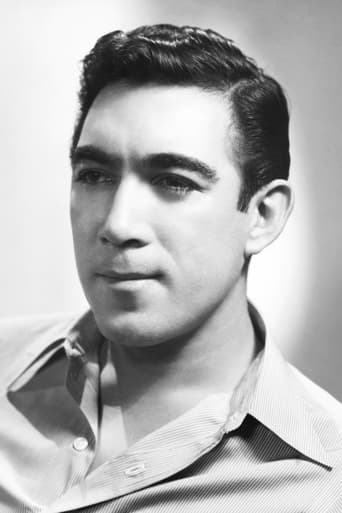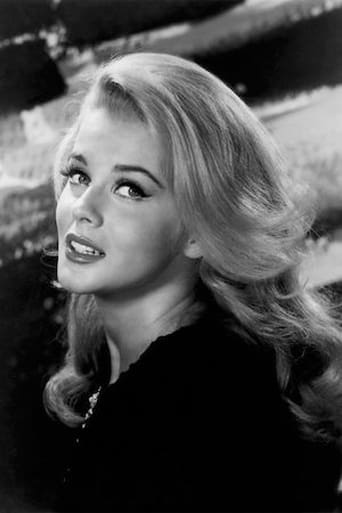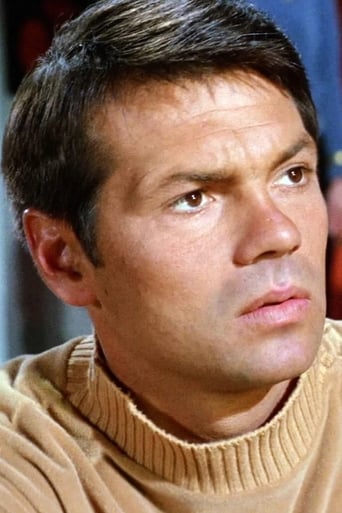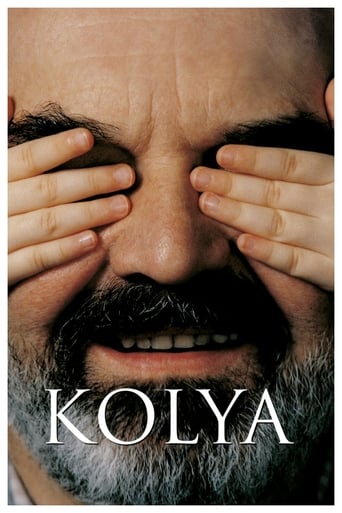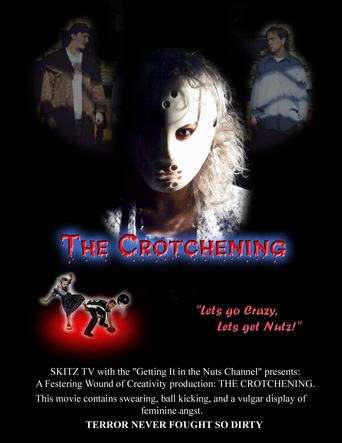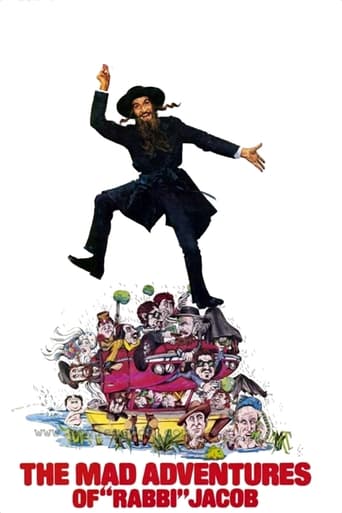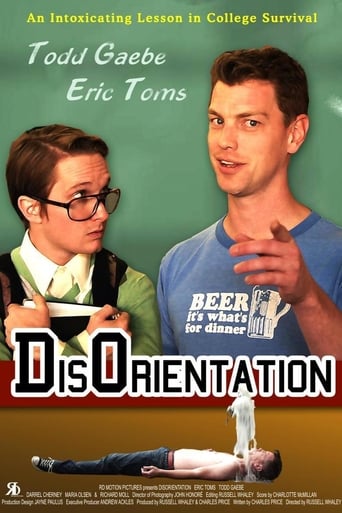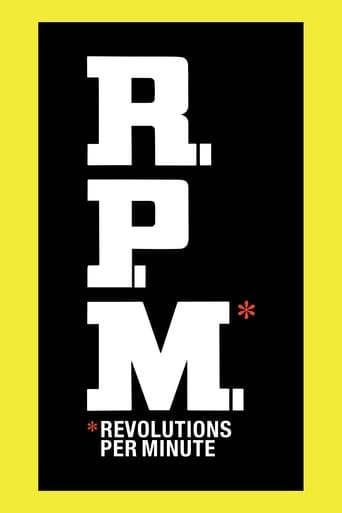
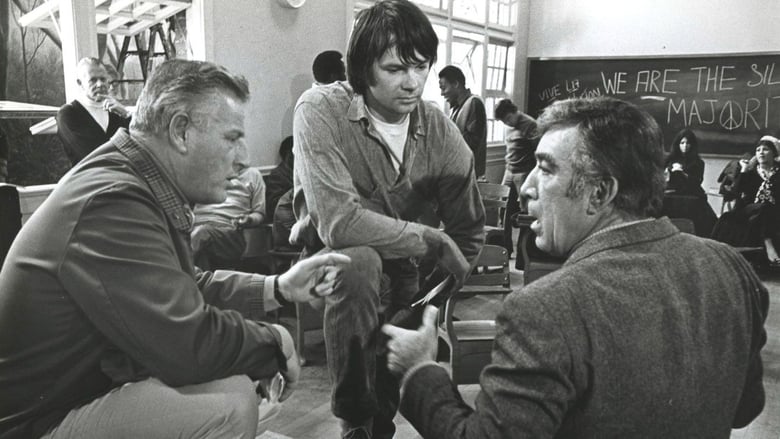
R.P.M. (1970)
R.P.M. stands for (political) revolutions per minute. Anthony Quinn plays a liberal college professor at a west coast college during the hedy days of campus activism in the late 1960s. Radical students take over the college, the president resigns, and Quinn's character, who has always been a champion of student activism, is appointed president. As the students continue to push the envelope of revolution, Quinn's character is faced with the challenge of restoring order or abetting the descent into anarchy.
Watch Trailer
Cast
Similar titles


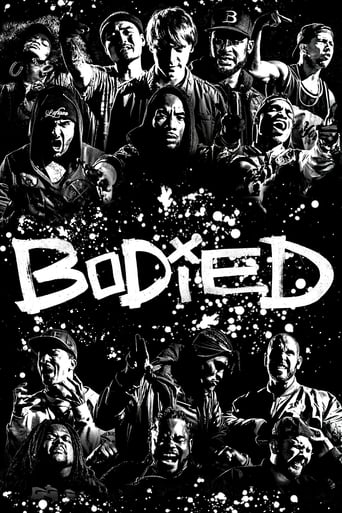
Reviews
To me, this movie is perfection.
Expected more
Pretty good movie overall. First half was nothing special but it got better as it went along.
A terrific literary drama and character piece that shows how the process of creating art can be seen differently by those doing it and those looking at it from the outside.
During the sixties of the last century the North-American movement for civil rights became increasingly radical, partly as a result of the ongoing Vietnam war. The movement consisted of a variegated coalition, which included hippies, students, blacks, and feminists. In this social climate of shifting moral values tiny groups of students revolted against the board of their universities. Students like to test their social bounds. For them a fire in the kitchen is something to laugh about. Their actions had a strong impact on society, and resulted in several film versions. RPM is one of them. I am fascinated by these cinematic reports, because they show how social resistance can escalate. RPM manages to elucidate the crucial aspects of the occurrences. And although as a rule I am indifferent about the casting, here the personality of Anthony Quinn indeed adds to the credibility of the story. He is a professor in sociology, Perez, whose lectures actually inspire the students to rebel. In his leisure time he engages in drunk driving on his motor bike. He prefers cocktails of carrot juice and whiskey, because he can see for miles (joking). The situation is piquant, because Perez is also the university dean. The rebels have occupied the main university building, and refuse to leave. In several scenes Perez negotiates with them, and offers them significant concessions. However, just like in the other films (and reality) the students do not know when to stop. Their leader wants to tear down the complete university system. He defines aggression as any violence, in which he does not participate. He believes that the board looks down on the students, but stands on the verge of the abyss. Soon Perez is disgusted at the immature and abusive behavior of the rebels. He advocates reforms, but not revolution. Thus in the end he feels compelled to have the rebellious students removed by the riot police. The students shout: "I pay your salary, you know", but the officers are not impressed. It is a loss-loss situation. Although Perez has acted in good faith, his decision has also made him the symbol of institutional violence. I love the ethical dilemmas in this film, as well as in its cinematic companions Strawberry Statement and Getting Straight.
Okay some people really didn't like this movie but I did. Yeah the revolting students are stereotypically revolting in their acting and words. Of course I may be just a little biased as I was over in Nam in 1970 (71 and 73 too). So when the cops start busting up the hippies it didn't bother me too much. Now everything leading up to that part was okay as far as acting went. The script seemed a little trite with the speeches by the protesters, pretty standard gibberish of the times. Anthony Quinn did his usual fine job. He is a liberal professor who gets stuck with the deanship of the school when the former one retires from stress caused by the sit in. He tries to talk with the sitters but they not only will not yield on the last three of twelve demands even after getting 1 thru 9 agreed too but are extremely insulting and rude to him. Not really the way to get what you want if you make the powers that be mad. Quinn finally has enough and sends in the cops. Heads get busted and 7 students and 4 cops get sent to the hospital. Ann-Margret is the half his age grad student who he is living with at the time. She is a liberal and cannot understand when Quinn sends in the cops. At the end you see her and other students break the police line to help the sitters who are getting the snot beat out of them. Teda Bracci plays one of the sitters. She is a horse face with the worst attitude of the whole bunch, then when she breaks out with the others kicks two cops in, shall we say, the lower regions. I was so hoping to see her clubbed to the ground and be one of the seven. Oh well, it is only a movie after all.
R.P.M. is completely out-dated in today's Me, Myself, and I society. However, in the revolutionary times of the 1960s and early 1970s, R.P.M. was an excellent portrayal of the college "scene" of those times.Anthony Quinn gives one of his finest "latter" years roles as F.W.J. "Paco" Perez. Quinn's character is a liberal fighting, social changing sociology professor who has earned the respect of the rebellious student population at his university. The students want changes now, but are unwilling to compromise. Stanley Kramer shows that there were "no easy" solutions to the various generational problems for the times. Ann-Margret is in her "sexiest" prime, but also shines as a Perez "grupie". Also, Gary Lockwood as the militant student leader gives a creditable performance.Revolutions Per Minute is a great trip down memory lane and helps capture the atmosphere of 1970.
Campus radicals threaten to take over their university; newly-appointed campus president Anthony Quinn attempts to act as a mediator between the angry kids and the stuffy deans. Dated, talky rabble-rouser from esteemed director Stanley Kramer, working from a weak script by "Love Story" author Erich Segal. Segal doesn't lend much insight into the students or their demands, but Kramer gets a pretty good performance from Quinn, trying hard in a hopeless role. Ann-Margret has a small but colorful part playing Quinn's girlfriend. Otherwise, what might have been a fairly timely melodrama is instead tired, drab, and ultimately pointless. *1/2 from ****
